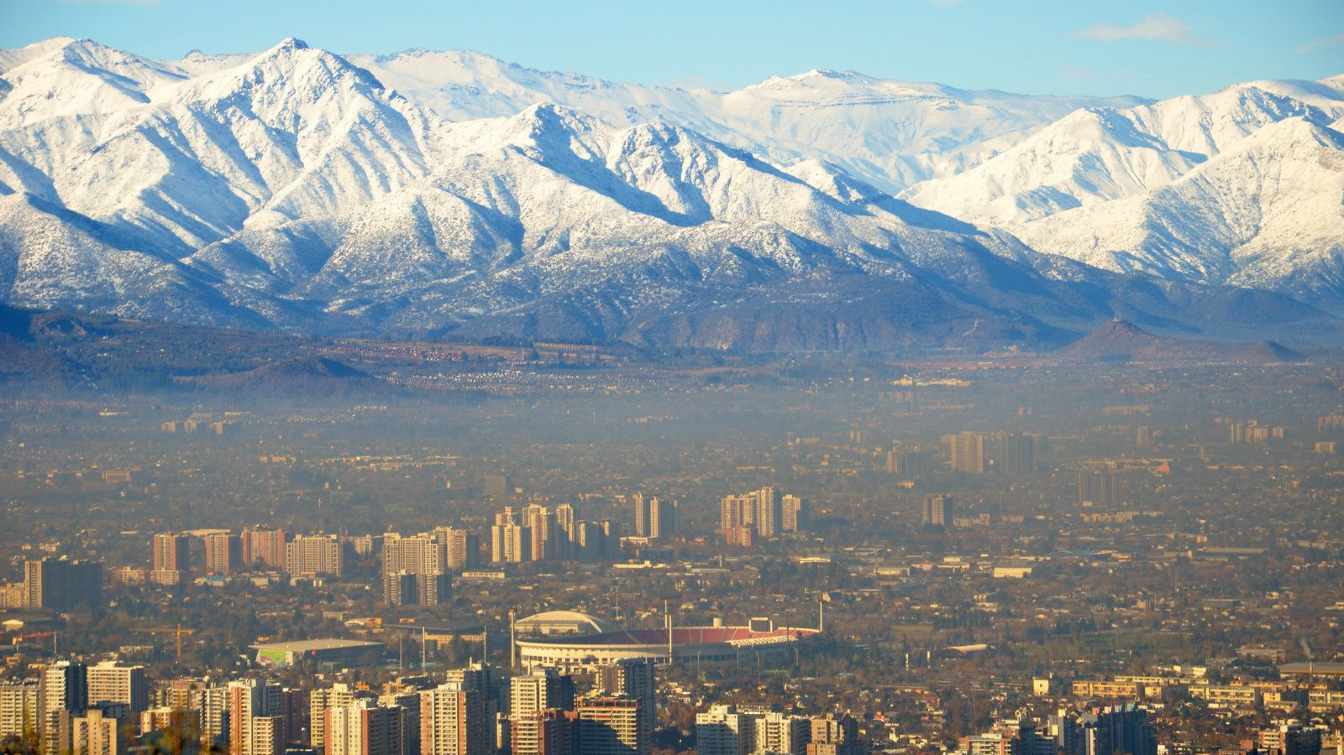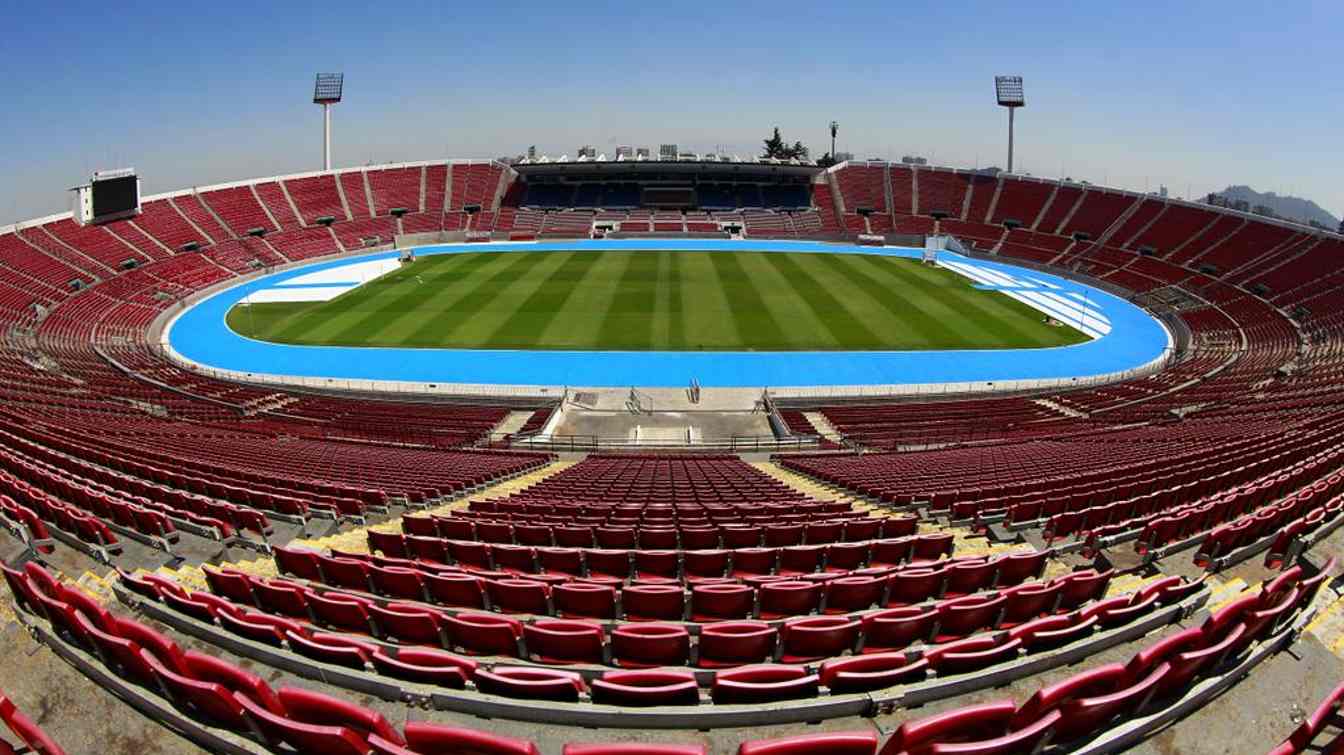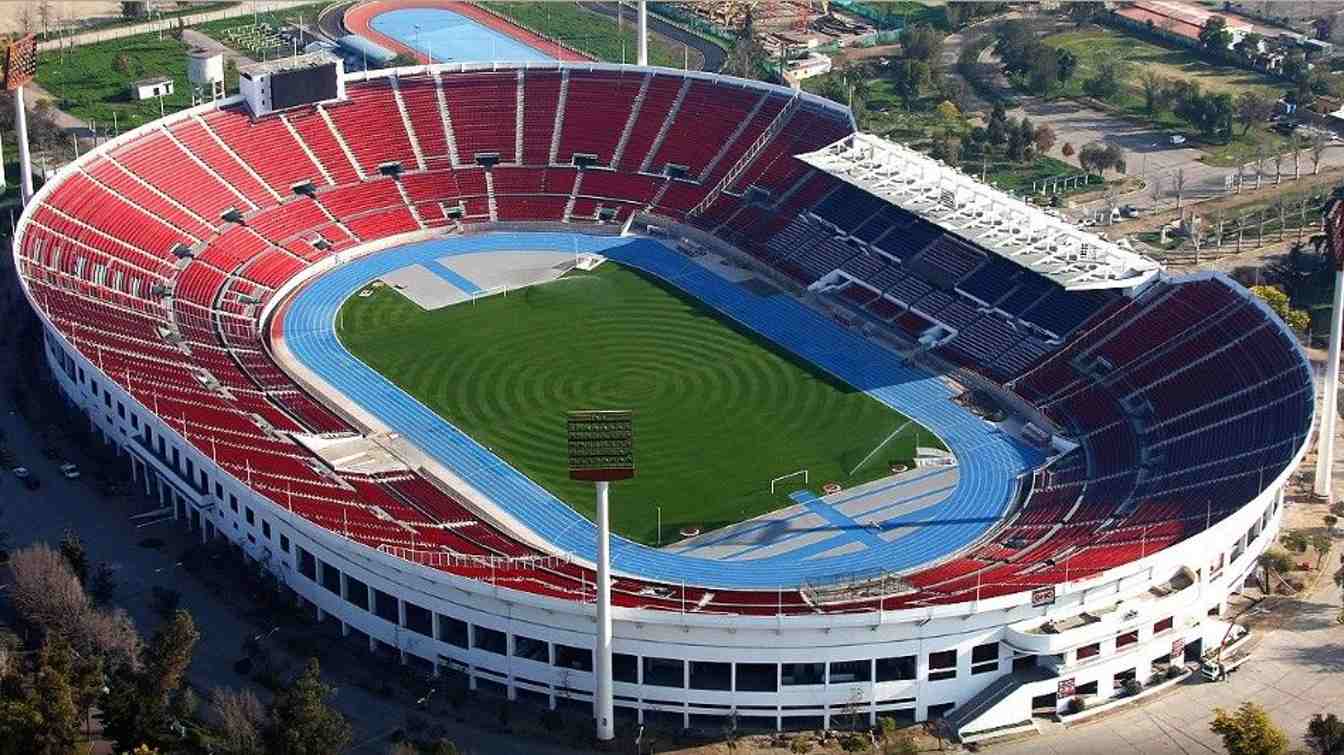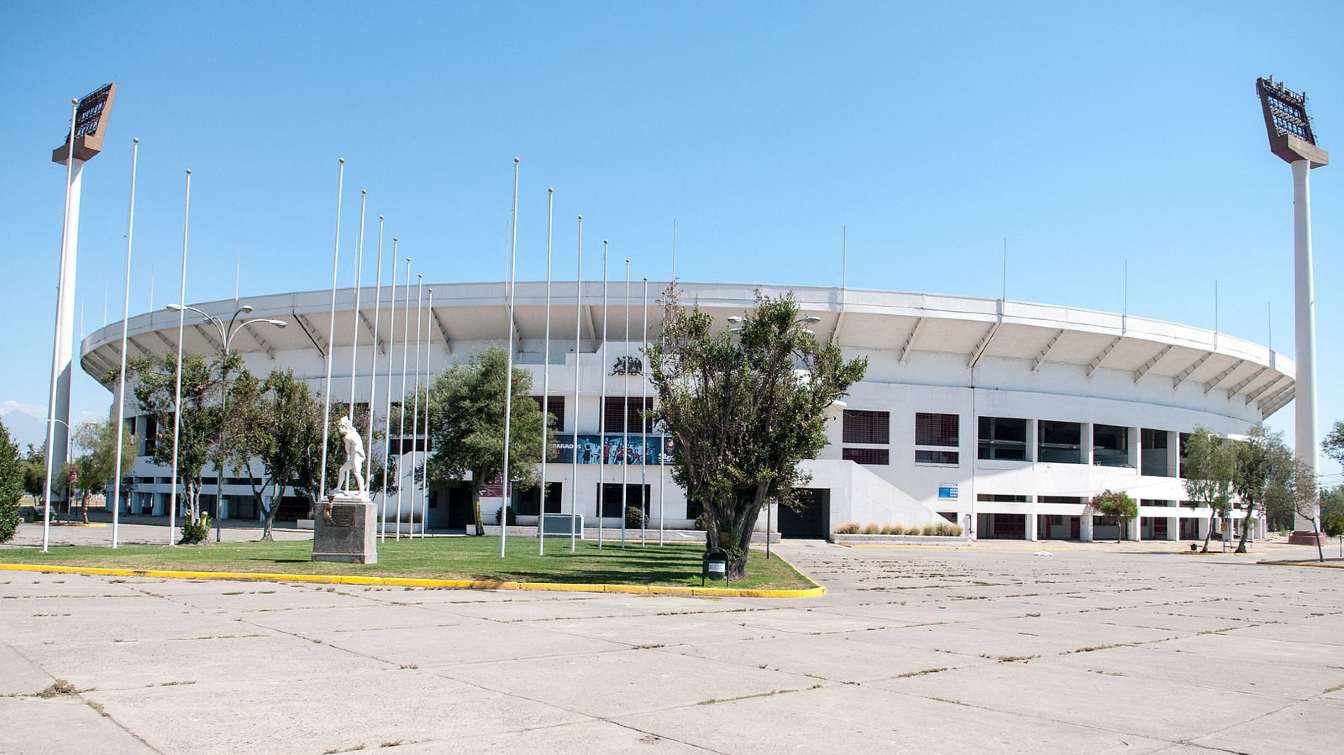Chile: Problematic consolation prize
source: StadiumDB.com; author: Paulina Skóra
 In December of last year, FIFA granted Chile the right to host the U20 World Cup in 2025. However, the authorities of the local football federation seem to view this decision not as a reward but as a burden. What happened, and does Chile really have a reason to feel aggrieved?
In December of last year, FIFA granted Chile the right to host the U20 World Cup in 2025. However, the authorities of the local football federation seem to view this decision not as a reward but as a burden. What happened, and does Chile really have a reason to feel aggrieved?
Advertisement
Unexpectedly snubbed
In October 2023, during the Go Latam Summit, the Chilean Football Federation presented plans for hosting the 2030 World Cup. President Pablo Milad spoke against a backdrop with the inscription Together 2030.
This event was part of the presentation of the joint candidacy of Chile, Argentina, Uruguay, and Paraguay to host the most important tournament in the world.
The next day, FIFA announced that the 2030 World Cup would take place in Spain, Portugal, and Morocco, with South America hosting three matches of the tournament. It became clear that out of the originally interested countries, one would be left empty-handed. It turned out that Chile's bid was rejected. Unrestrained cries of betrayal
echoed in the headquarters of the Chilean federation. The painful news surprised the officials and everyone who had worked on the proposal.
Alejandro Dominguez, the president of the South American Football Confederation (CONMEBOL), when asked by El País if South America could get more than three matches, replied that, for now, that's how it has been agreed,
lamenting at the same time that Chile, which also joined the candidacy for 2030, was omitted in the allocation of venues by FIFA's decision,
although he pledged: We will not stop working to ensure it happens eventually.
Betrayal?
After hearing FIFA's decision, the president of the Chilean federation erupted in anger, and his reaction did not escape Infantino's attention, significantly weakening his position. Perhaps Pablo Milad expected that the international federation would compensate Chile for being overlooked in the selection of the hosts for the 2030 World Cup, similar to what they did for the United States. In 2018 and 2022, despite the candidacy of the USA and England, FIFA chose to award the tournament to Russia and Qatar. Angry Bill Clinton, the head of the North American delegation, smashed a giant mirror in the hotel lobby and immediately went to his room to talk to Barack Obama on the phone: It's a corrupt mafia, and we have to destroy it.
With or without Obama's help, a few years later, FIFA's structures were somewhat aired out,
and Gianni Infantino replaced Joseph Blatter.
Thanks to the decisions of the new president, the United States was chosen to host Copa América in 2024, the Club World Cup in 2025, and the World Cup in 2026. Additionally, the USA enjoys the support of elites who welcomed Lionel Messi's transfer to Inter Miami and the rapid development of MLS.
 © Christian Córdova (cc: by)
© Christian Córdova (cc: by)
Compensation beyond tradition and norms
Pablo Milad probably expected the same and got the U20 World Cup. It is well known that youth tournaments are somewhat neglected due to much lower fan interest.
Chile's nomination breaks several FIFA traditions. The first is the alternate organization of tournaments on different continents, a principle rarely deviated from. In fact, this has only happened five times in the 100-year history. Italy '34 and France '38 at the senior level, Qatar '95 and Malaysia '97 in the U20 World Cup; Scotland '89 and Italy '91, as well as Brazil '19 with Peru '21 in the U17 World Cup. Even more strangely, the nomination suggested by Infantino after Milad's visit, urging Chile to apply without opposition, was enough to submit an expedited application that was not even put to a vote.
At least two venues await renovation
Some Chilean analysts suggest that the compensation is too small. For most, however, it is a reward sufficient for a country that does not have a large stadium but would be able to meet this challenge. The nomination will necessitate the renovation of the National Stadium and at least the construction of a training complex for national teams to replace the already deteriorating Juan Pinto Durán facility in Santiago. The training center has long been criticized by senior team players.
 © Ministerio del Deporte de Chile
© Ministerio del Deporte de Chile
Darker clouds over Chilean football
The Chilean federation grapples with serious management problems within the association and often cannot solve the most obvious issues. In addition to infrastructural problems, there is a threat of a strike by the Football Players' Union after increasing the allowed number of foreign players in clubs to six, with no clear plan for the upcoming season. Everyone fears an increase in the number of matches, which is very dangerous in Chile, as violence in stadiums is widespread and remains completely out of control.
FIFA's compensation imposes urgent tasks on the leaders of Chilean football, who will be racing against time but with a certain advantage: they already know that despite mistakes, mishaps, and criticism, they have the World Cup ahead of them. They must meet this challenge to be able to more successfully bid for the organization of senior tournaments in the future.
Advertisement

 StadiumDB
StadiumDB ©
©  ©
©